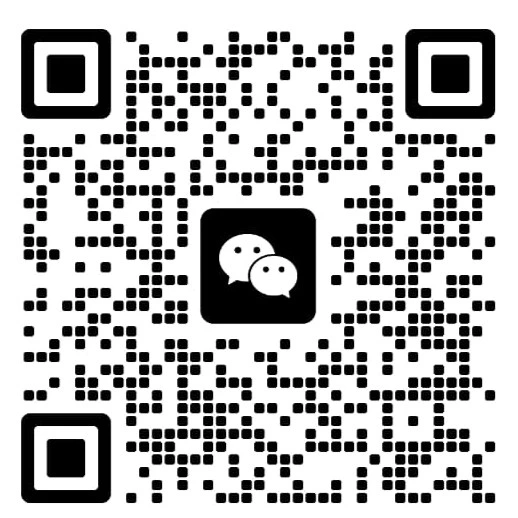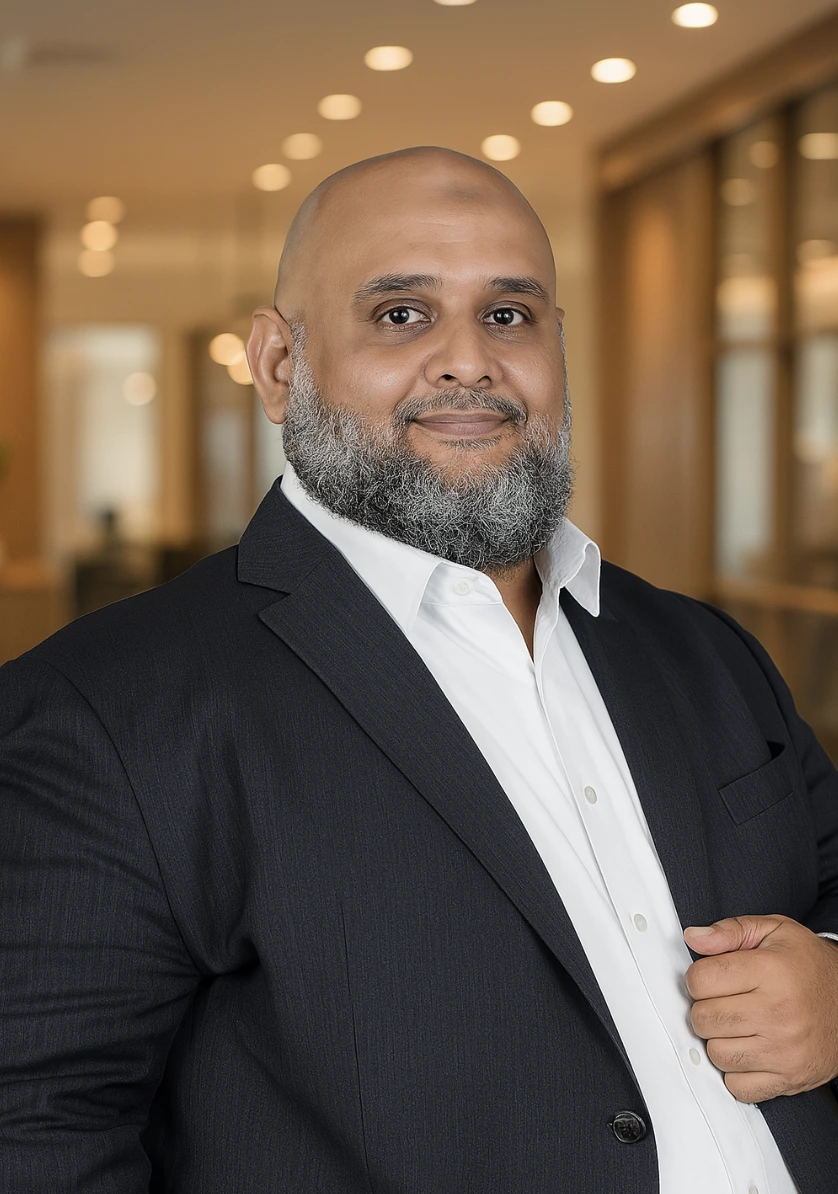When Indonesia enacted Law No. 33 of 2014 on Halal Product Assurance, many global companies viewed Halal certification merely as a new compliance hurdle. A decade later, it has become something far greater, a catalyst for innovation, transparency, and market growth.
As Dr. Hussein H. Mashhour, MD, observed in his LinkedIn essay “Halal Healthcare: From Obligation to Opportunity” the healthcare sector is discovering that Halal is not a checklist; it is a strategy. It transforms regulation into trust, and trust into market leadership.
This article further develops the idea that Halal is transforming global healthcare by integrating ethical considerations, scientific advancements, and new opportunities.
Halal and Healthcare: Two Languages of Human Well-Being
Both medicine and Halal share the same objective: to preserve life, promote wellness, and protect human dignity. Where medicine focuses on physical healing, Halal extends that mission to moral and social dimensions.
The principle of “Halalan Thayyiban” (permissible & pure) aligns with medical ethics: safety, non-maleficence, and beneficence. In hospitals across Indonesia and the wider Muslim world, this harmony is driving new protocols for everything from surgical consumables to pharmaceutical ingredients.
Halal healthcare, therefore, is not religion inside medicine; it is medicine performed with conscience.
From Regulation to Reputation
Initially, companies pursued Halal certification in healthcare as a reactive measure to fulfill legal requirements. The second wave, unfolding now, is reputational.
- Hospitals market their Halal accreditation as proof of patient-centric integrity.
- Manufacturers highlight Halal compliance in export tenders.
- Investors treat Halal alignment as part of ESG (Environmental, Social, Governance) criteria.
In short, Halal certification has evolved from a religious label to a symbol of global credibility.
“In a world that questions everything it consumes, Halal answers with transparency,” – Dr. Hussein.
The Economic Dimension: Health as a Halal Growth Engine
Indonesia’s healthcare expenditure is projected to surpass USD 78 billion by 2027, and more than 60 percent of that value involves imported medical products. By embedding Halal requirements into this ecosystem, Indonesia has effectively linked ethics with economics.
Key opportunities include:
- Medical Devices, local manufacturing of Halal-compliant catheters, implants, and diagnostic tools.
- Pharmaceuticals & Vaccines, development of Halal gelatin capsules and enzyme substitutes.
- Hospital Accreditation, halal hospitals are gaining international medical tourism traffic.
- Nutraceuticals & Supplements, a booming export segment for Halal-certified wellness products.
Global analysts already refer to this synergy as the “Halal Health Economy.”
Innovation Driven by Faith and Science
Far from slowing progress, Halal principles are pushing scientists to invent cleaner, safer, and more sustainable technologies:
- Synthetic biopolymers to replace animal-based collagen.
- Halal analytical labs using spectroscopy for contamination detection.
- Digital traceability systems that record every material source for audit readiness.
In this sense, Halal acts as a scientific challenge that inspires creativity. Researchers at the University of Indonesia, ITB, and LPPOM-MUI are pioneering Halal-compliant tissue engineering and microbial enzyme production.
Dr. Hussein calls this movement “ethical innovation”, where progress and principle reinforce, rather than oppose, each other.
Building a Halal Health Culture
True Halal healthcare goes beyond devices and drugs. It extends to behavioural ethics across the entire system:
- Procurement: prioritizing certified suppliers.
- Hospital management: maintaining sanitary separation of Halal & non-Halal products.
- Public communication: educating patients on Halal choices.
- CSR initiatives: supporting Halal awareness in rural clinics and universities.
Halal is undergoing a cultural transformation, evolving from a regulatory framework into a unified national identity. This signifies a collective commitment to ethical responsibility.
Challenges to Global Adoption
While Indonesia’s model gains traction, global harmonization remains difficult:
- Different Halal Standards across jurisdictions (GCC, EU, ASEAN).
- Limited Halal testing labs in Europe and the US.
- Industry perception, many firms still see Halal as a niche rather than a universal quality.
- Regulatory Overlap, BPOM/FDA equivalence yet to be streamlined.
However, international cooperation is accelerating. The OIC and SMIIC (Standards and Metrology Institute for Islamic Countries) are working with Indonesia to standardize Halal testing and documentation formats.
Ethics as a Competitive Advantage
The healthcare industry’s future will not be defined solely by technology, but by trust.
Modern consumers highly value ethical integrity as much as clinical efficacy. Halal certification offers tangible evidence of this integrity. For global exporters, this means that Halal compliance is a good business strategy, not an optional extra.
Investors are already rewarding companies that embrace Halal and ESG alignment; hospitals adopting Halal protocols report higher patient satisfaction and international recognition.
A New Definition of Healing
Halal healthcare represents a profound shift: from regulation to relationship, from obligation to opportunity. It reminds us that healing the body cannot be separated from respecting the soul, society, and the environment.
As Indonesia leads this movement, the Halal framework offers the world a simple but powerful message that medicine guided by ethics heals more than disease; it heals trust.




